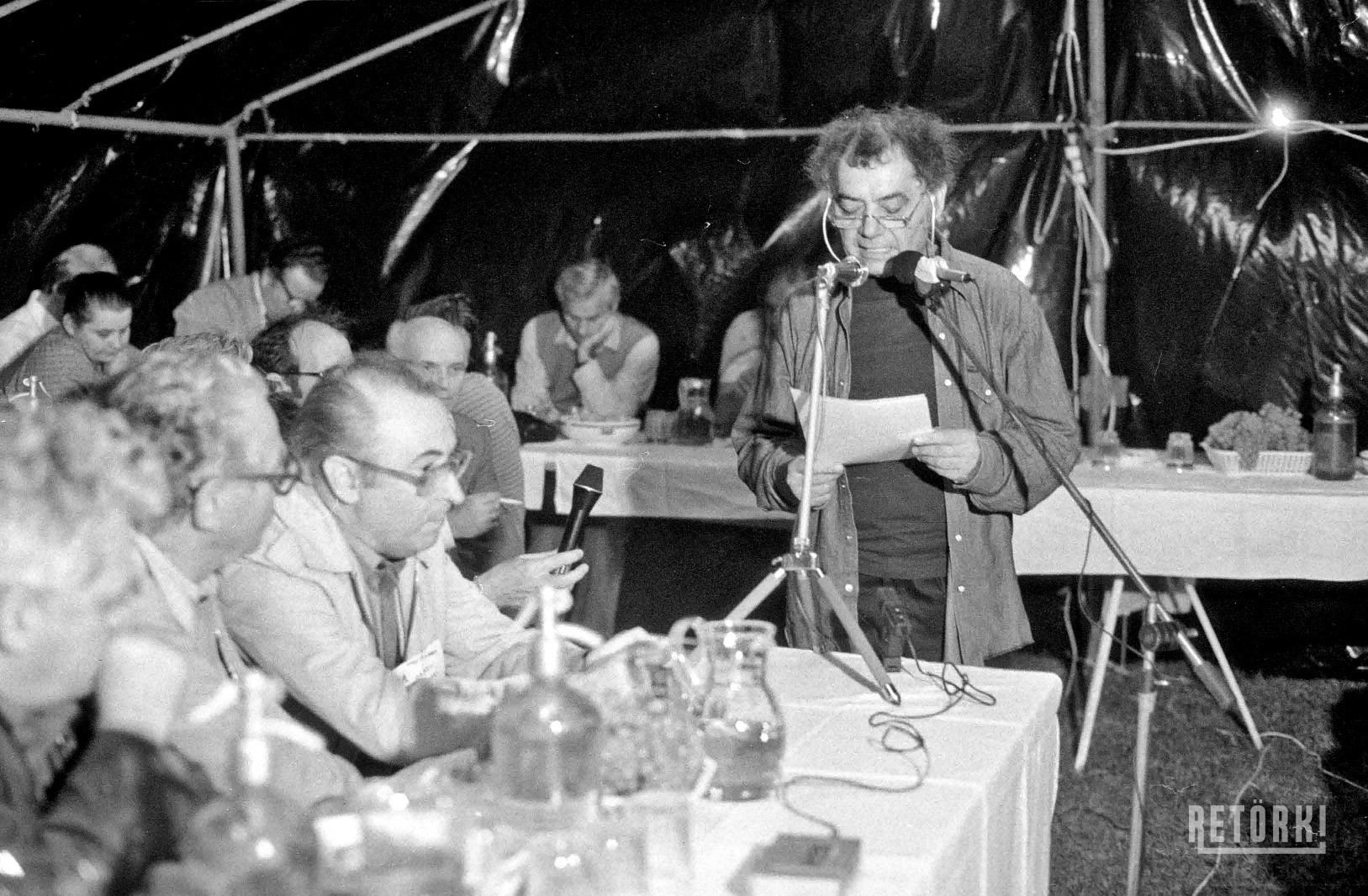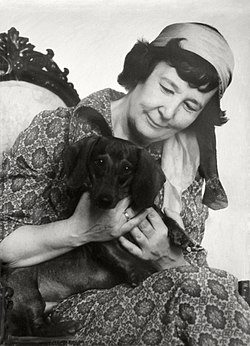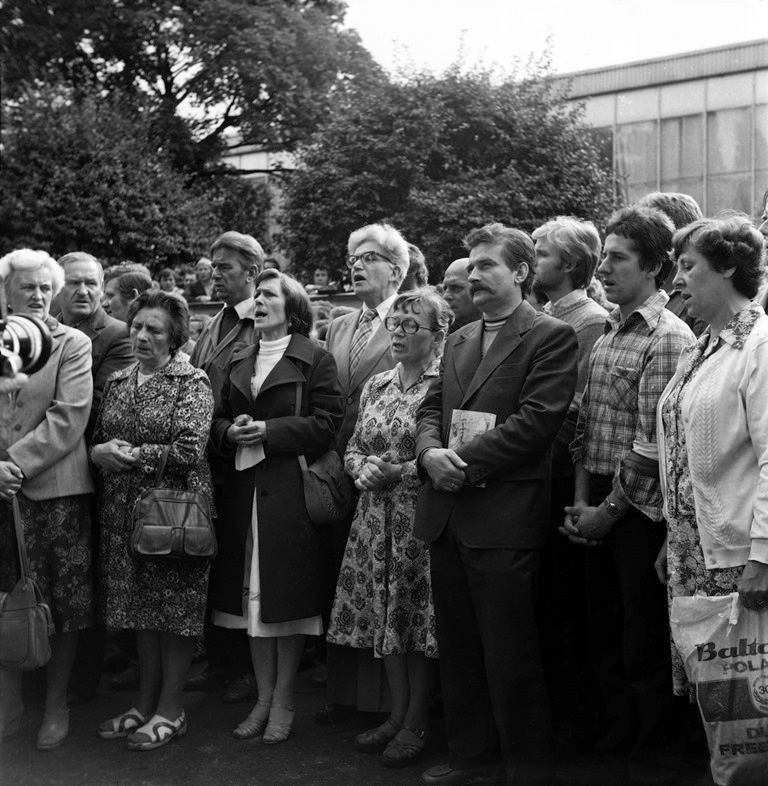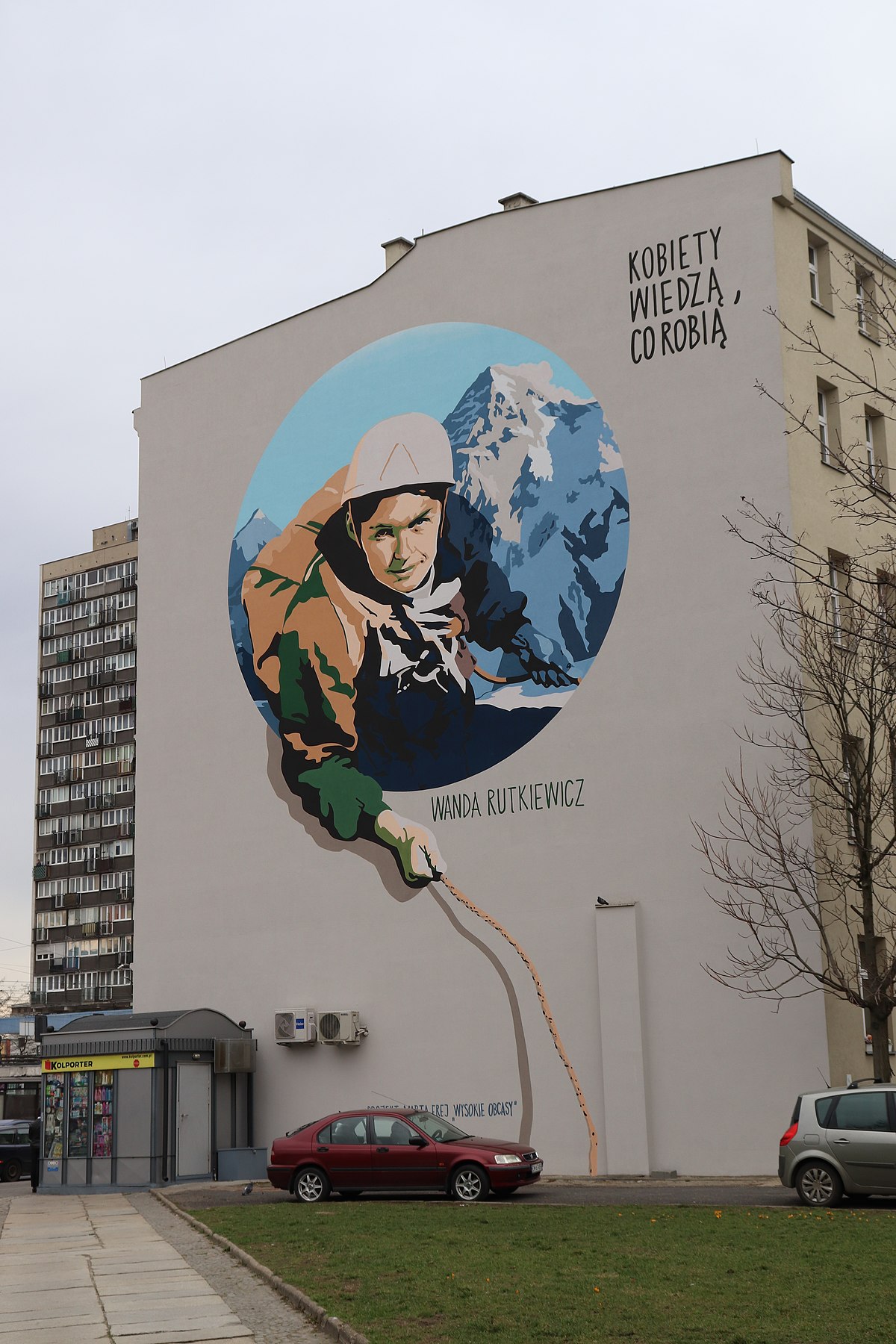Lakitelek Meetings – 1987 – Lakitelek
Fact of the Hungarian figure „Reburial of Imre Nagy (Heroes Square) – 1989”
Part of the „Dreaming about the democracy” topic
Since the 1970s, Lakitelek had become a gathering place for Hungarian writers and intellectuals critical of the socialist regime. The most significant of these meetings occurred on September 27, 1987, when 181 leading figures—including writers, economists, and reform-minded members of the communist establishment—gathered in the yard of local teacher Sándor Lezsák. This meeting, which became known as the Lakitelek meeting, was a crucial turning point in Hungary’s journey toward political and social change. Participants discussed a wide range of taboo topics, including the poor health conditions of the working class, widespread alcoholism, the disadvantages faced by the rural population, and the plight of Hungarian minorities in neighboring countries.
The attendees recognized that to address Hungary’s economic, social, and political crises, cooperation among all progressive forces was essential. This gathering led to the formation of the Hungarian Democratic Forum (MDF), which quickly became one of the leading voices of opposition to the communist regime. The MDF played a critical role in Hungary’s transition to democracy, advocating for free elections, political pluralism, and human rights.
The Lakitelek meeting echoed the broader democratic movements emerging across Central and Eastern Europe during the late 1980s. Just as Poland’s Solidarity movement and Czechoslovakia’s Charter 77 provided platforms for opposition in their respective countries, Lakitelek became a focal point for Hungary’s intellectual and political resistance. The formation of the MDF at this meeting marked the beginning of a new phase in Hungarian politics, where opposition to communist rule became more organized and structured.
The significance of the Lakitelek meetings was evident in Hungary’s 1990 democratic elections, where the MDF emerged as a leading political force, shaping the country’s post-communist future. Like the reburial of Imre Nagy in 1989, the Lakitelek meetings symbolized a break with Hungary’s past and a clear desire to build a democratic society.





